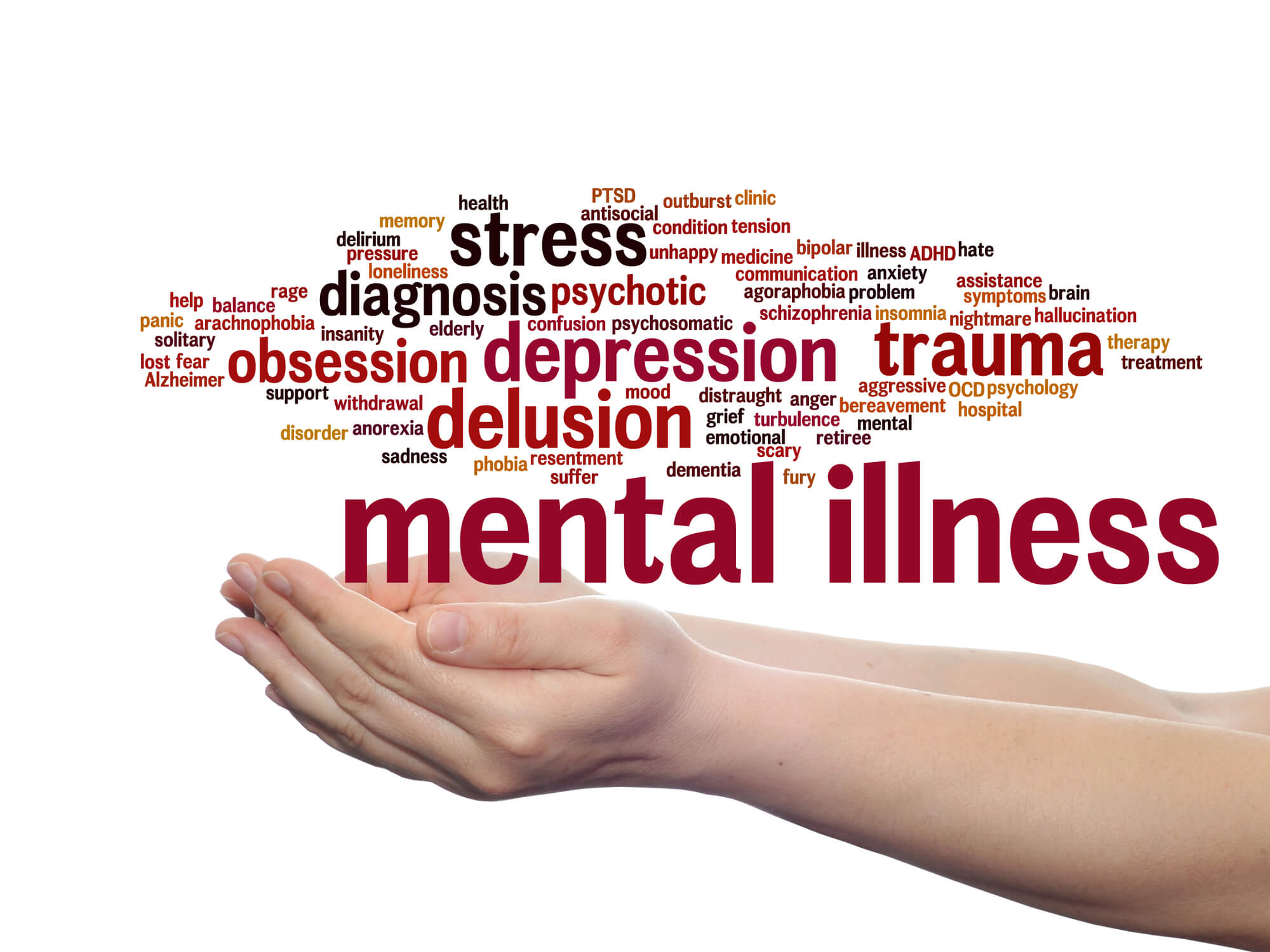Your cart is currently empty!

Understanding Mental Health: Signs You Shouldn’t Ignore
•
Mental health is a crucial aspect of overall well-being, yet it’s often overlooked or misunderstood. Recognizing the signs of mental health issues early can make a significant difference in getting the right help and support. In this guide, we’ll focus on understanding mental health and highlight key signs you shouldn’t ignore.
How to Cultivate a Growth Mindset for Success
Why Understanding Mental Health Matters
Awareness of mental health is essential for early intervention and long-term wellness.
1. Mental Health Affects Physical Health
- Chronic stress or anxiety can lead to physical symptoms like fatigue, headaches, and digestive issues.
- Addressing mental health concerns improves overall quality of life.
2. Mental Health Impacts Relationships
- Untreated mental health issues can strain personal and professional relationships.
- Understanding symptoms helps foster empathy and support from loved ones.
3. Early Detection Prevents Escalation
- Identifying warning signs early can prevent more severe mental health crises.
- Seeking help sooner often leads to better outcomes.
Signs of Mental Health Issues You Shouldn’t Ignore
Recognizing symptoms is the first step toward addressing mental health challenges.
1. Persistent Sadness or Hopelessness
- Feeling down for extended periods without a clear cause may indicate depression.
- This can also manifest as a lack of interest in activities you once enjoyed.
2. Changes in Sleep Patterns
- Experiencing insomnia or excessive sleeping can signal mental health struggles.
- Sleep disturbances often accompany stress, anxiety, or depression.
3. Unexplained Physical Symptoms
- Frequent headaches, muscle tension, or stomach issues may be tied to emotional stress.
- Addressing underlying mental health concerns often alleviates these symptoms.
4. Difficulty Concentrating
- Trouble focusing, forgetfulness, or indecision can be signs of anxiety or depression.
- This can impact work performance and daily responsibilities.
5. Social Withdrawal
- Avoiding friends, family, or social events may indicate feelings of isolation or overwhelm.
- It’s important to reconnect or seek professional support to address these feelings.
6. Intense Mood Swings
- Rapid shifts in emotions, from irritability to euphoria, can signal underlying conditions like bipolar disorder.
- Professional guidance can help manage these fluctuations effectively.
How to Address Mental Health Concerns
If you recognize any of these signs in yourself or a loved one, take proactive steps toward improvement.
1. Open Up to Someone You Trust
- Talking to a friend or family member can provide emotional relief and perspective.
- Sharing your feelings is often the first step toward seeking help.
2. Seek Professional Help
- Consult a therapist, counselor, or psychologist for a proper assessment.
- Therapy provides tools and strategies to cope with challenges effectively.
3. Incorporate Wellness Practices
- Engage in mindfulness activities like meditation or yoga.
- Regular exercise and a balanced diet also support mental well-being.
4. Utilize Mental Health Resources
- Reach out to local or online support groups for guidance and connection.
- Explore hotlines or mental health apps for immediate assistance.
Reducing the Stigma Around Mental Health
Stigma often prevents individuals from seeking help.
How to Combat Stigma
- Educate Yourself and Others: Understanding mental health normalizes the conversation.
- Encourage Open Dialogue: Foster environments where discussing emotions feels safe.
- Support Others: Offer a listening ear without judgment to those in need.
Conclusion
Understanding mental health is vital to recognizing and addressing signs that should never be ignored. Persistent sadness, changes in sleep patterns, and social withdrawal are just a few indicators of potential mental health issues. By seeking help, engaging in wellness practices, and fostering open conversations, we can break the stigma and create a supportive environment for mental well-being. Don’t wait—prioritize your mental health today.
https://www.rosecrance.org/blog/10-mental-health-signs-you-should-never-ignore/
